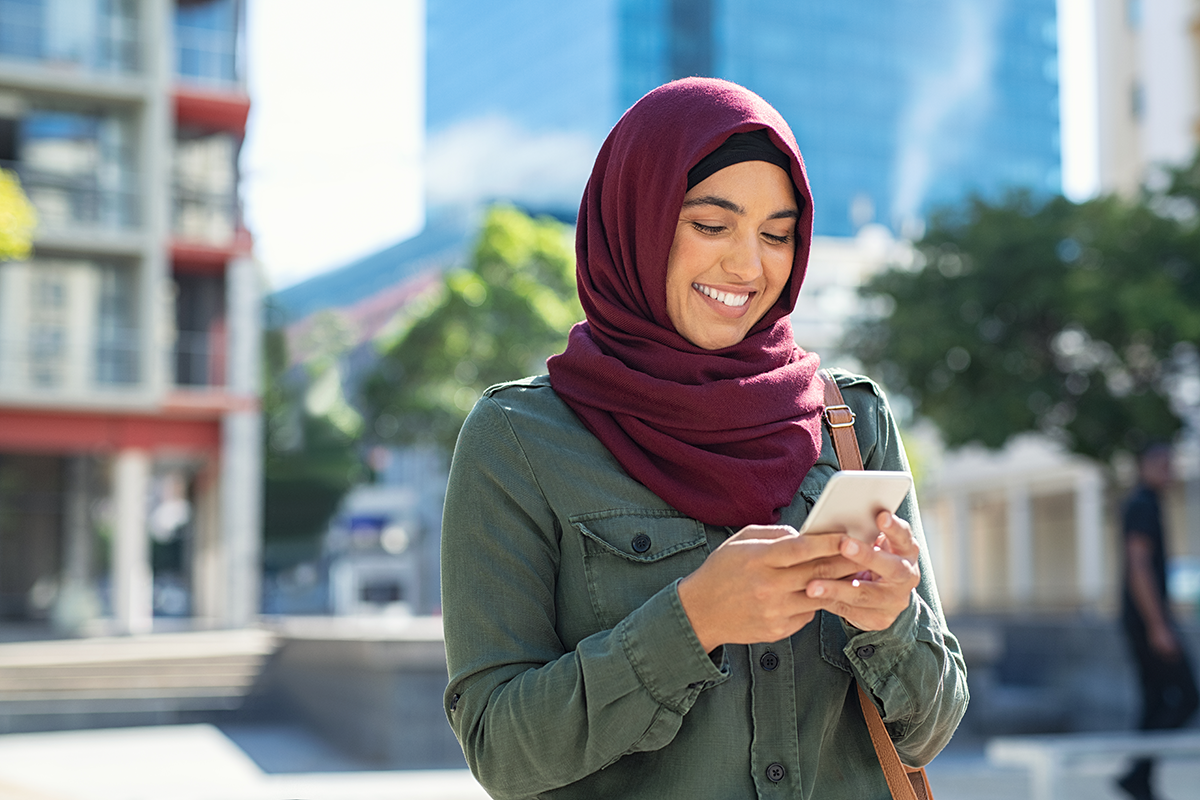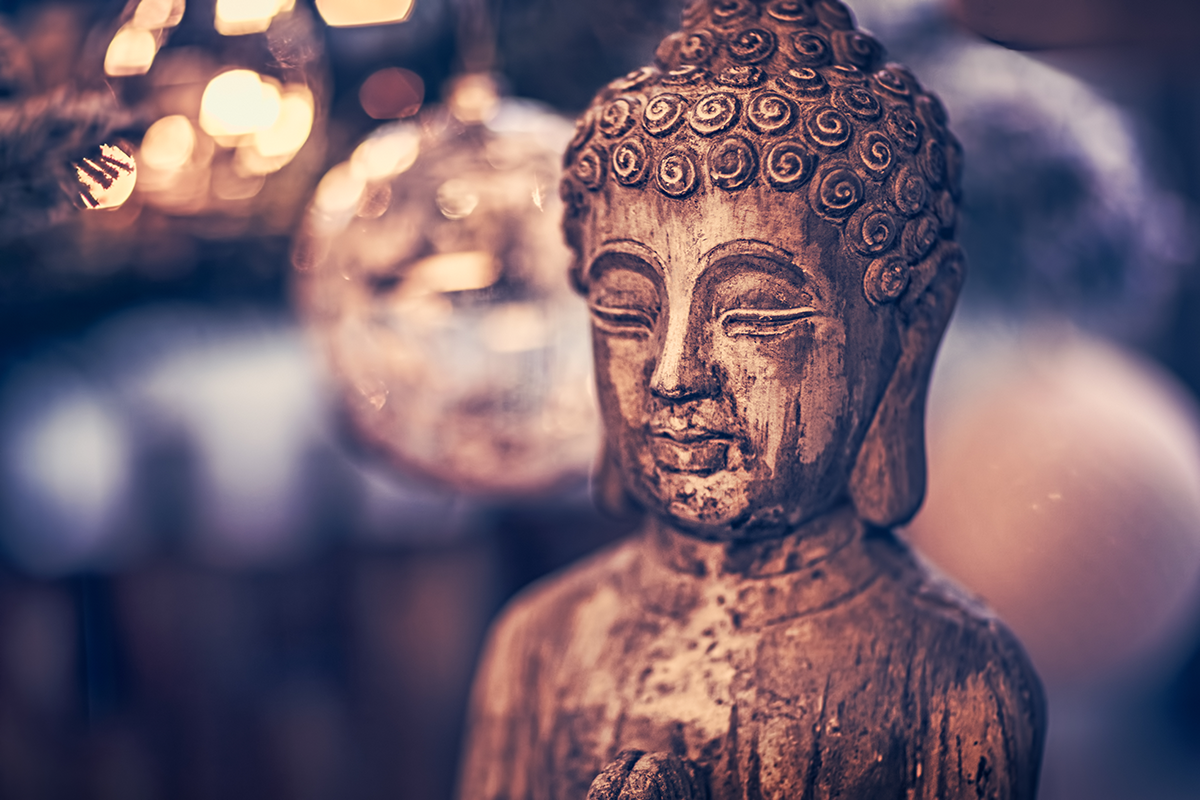One of the holiest months in the Islamic calendar is certainly the month of Ramadhan; this is the month where Muslims worldwide will observe a fasting period for 29-30 days whereby there will not be any consumption of food or drink from sunrise to sunset. Muslims also do not smoke and engage in sexual relations during this period. This is to allow adherents to learn self-discipline and redirect the soul from worldly activities; allowing one to develop empathy for the less fortunate, and encouraging actions of generosity and compulsory charity (zakat).
In Malaysia, with 61% of the population being Muslims, Ramadhan is a major event in the country and has ingrained itself in the society with non-Muslims sometimes following their Muslim friends in fasting and keeping away from worldly desires. Muslims will eat a meal before they start their fast which is called Suhur and what is eaten is usually something that can be easily made at home like rice accompanied by fish, chicken and some soup. Nowadays, due to a better understanding of nutrition, this has been replaced by food that will release energy at a slower rate like oats, yoghurt, whole grain bread, and even banana smoothies. Coffee is avoided as it is a diuretic and water is required especially in a hot and humid country like Malaysia.
Fasting is one of the Five Pillars of Islam, thus it is compulsory as long as the adherent is fit and healthy. The elderly, those who are pregnant or nursing, and the very young are not required to fast. It can be a challenge to fast in Malaysia due to the weather but it is done nonetheless, what more Malaysians can experience a colourful carnival-like atmosphere during the Ramadhan Bazaar where delicious food and drinks are sold for those looking to prepare to break fast (Iftar). Delicacies like traditional Malay cakes, fried chicken, fried noodles and rice, beef rendang, satay, and murtabak are a glimpse of the offerings. You really need to experience the organised chaos of the bazaar to really get a taste (pun intended) of Malay food in all it’s glory.
During Iftar, the whole family will gather around and when the breaking of fast call resounds from the mosque, everyone will traditionally eat some dates first with a cup of water. They will then pray and resume their meal together as a family and community. The food served can be as simple as plain rice with fried fish, or grandly done buffet style in a hotel or restaurant.
Ramadhan is truly an eye-opening experience and is a great way to experience the fellowship with friends, family, and the community at large. To all celebrating, we at Pathfinder Relocation Services would like to wish a Selamat Berpuasa (Ramadhan Greetings).


